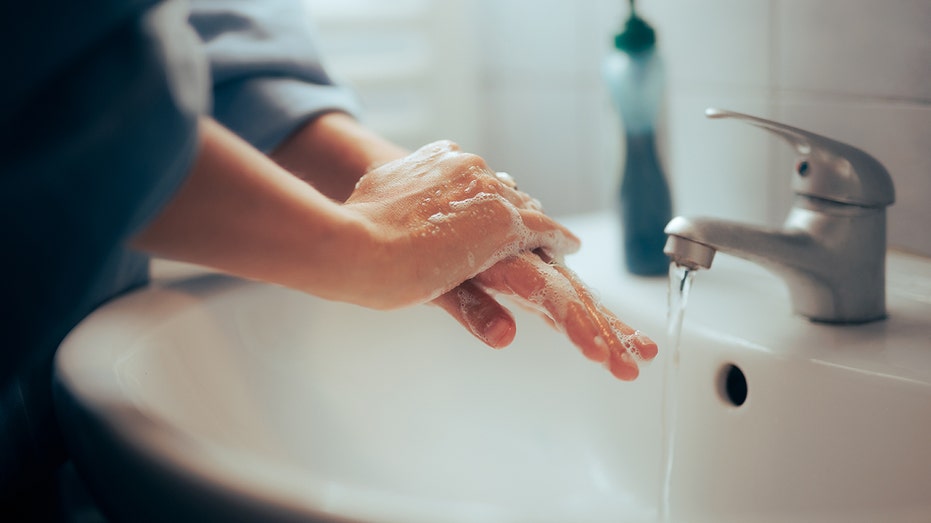4 biggest handwashing mistakes that could increase germs and viruses
Proper handwashing could save a million lives a year, according to an expert and yet many people are doing it improperly, often due to misconceptions surrounding the practice.Doctors recommend washing with soap and water for at least 20 seconds to reduce the spread of infectious diseases.The NFID 2025 State of Handwashing Report, recently released by the National Foundation for Infectious Diseases, provides details on Americans' handwashing habits (and mistakes).WHY YOUR LAUNDRY COULD BE MAKING YOU SICK AND WHAT TO DO ABOUT ITThe report is based on a survey of 3,587 U.S. adults, conducted in November and December 2024 and March 2025.Robert Hopkins Jr., MD, medical director of NFID in Maryland, spoke to Fox News Digital about what Americans are doing wrong when it comes to handwashing."We have to recognize that there are a number of important infections that hand sanitizers are not effective at preventing," Hopkins said.One example is norovirus, a highly contagious stomach virus that is common on cruise ships and is also spread seasonally.The virus cannot be killed with hand sanitizer, but is "easily destroyed" with soap and water, according to Hopkins.A COMMON KILLER BUG IS ENDANGERING AMERICANS: PANDEMIC IN PLAIN SIGHTCertain viruses are "encapsulated" and can be destroyed with either soap and water or hand sanitizer, the expert said. However, there is also an "unencapsulated" type of virus, which has an outer coat that does not break down from the alcohol in hand sanitizer.Using soap and water is a more effective way to kill the germs, the doctor noted.When people cough or sneeze into their sleeve, they could still spread germs afterward."If you cough into your sleeve go ahead and wash your hands with soap and water as well," Hopkins advised.COMMON MEDICAL TEST LINKED TO 5% OF CANCERS, STUDY SUGGESTS: USE THEM WISELY"We also have to recognize that we often bring our hands up close to our face, touch our nose, our glasses, other parts of our face," noted the doctor, who is based in Arkansas."If we have bacteria or viruses on our hands, we can introduce them into our mucous membranes, where we can get infections."The NFID report stated that one in four respondents washed their hands more frequently in the fall and winter, when cold and flu are prevalent."The seasonal variance is understandable given that some respiratory diseases, including flu and respiratory syncytial virus (RSV), tend to peak during fall and winter," the report stated.CLICK HERE TO SIGN UP FOR OUR HEALTH NEWSLETTER"However, other germs like those that cause colds, norovirus and other infectious diseases can spread throughout the year. It is important to maintain proper hand hygiene all year round to help stay healthy."Most adults wash their hands after using the bathroom (69%), handling food (48%) and handling human or animal waste (39%), according to NFID's report.Only 30% of respondents, however, reported that they are likely to wash their hands after sneezing or coughing.Nearly half of survey respondents admitted to forgetting or choosing not to wash their hands at key times, like after visiting a grocery store, restaurant, doctors office, pharmacy, clinic or hospital."We need to reinforce the importance of this simple tool," Hopkins said of handwashing."I think most of the public health campaigns around hand hygiene have been focused on healthcare settings," he added.Regarding handwashing as a practice in general, Hopkins emphasized, "We need to bring this back into the fold."For more Health articles, visitwww.foxnews.com/health"If everybody washed their hands more consistently, we could probably save somewhere in the neighborhood of a million lives a year."




